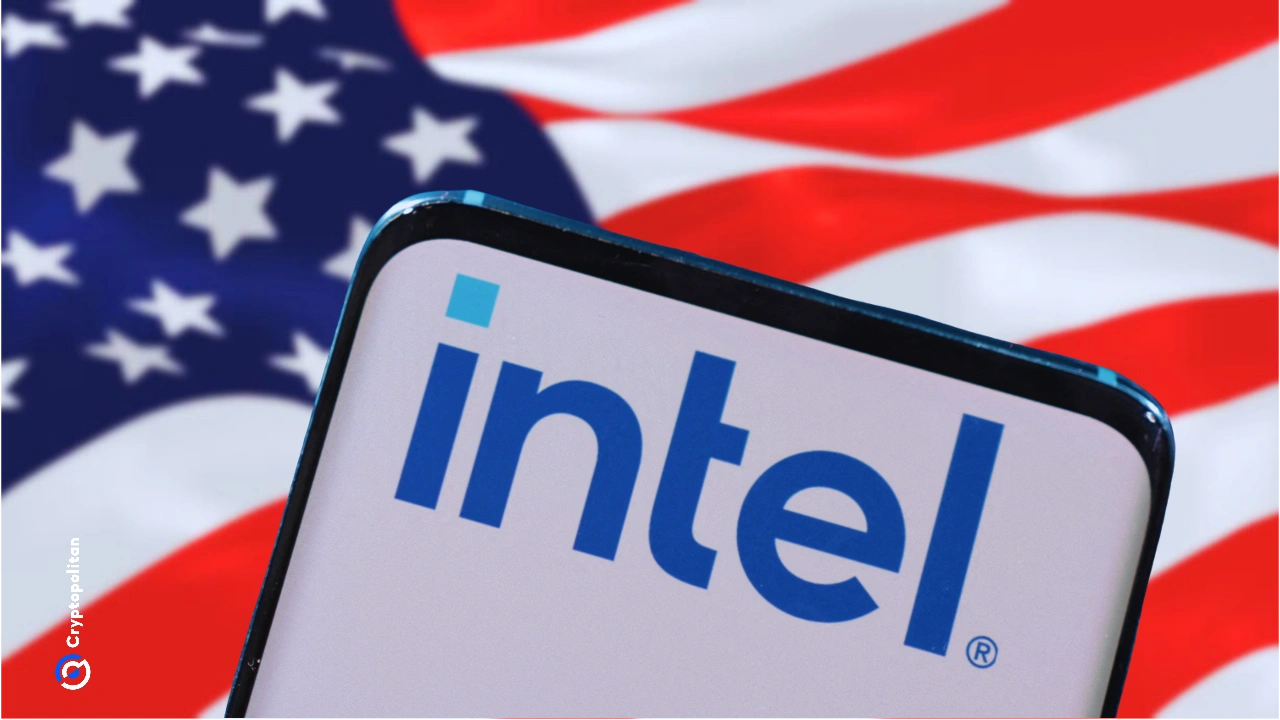Japan is on its way to laying the groundwork for how traditional banks interact with crypto. The country’s financial watchdog is close to making its decision on whether to permit members of banking groups to launch crypto trading services. This move could reshape Japan’s tightly controlled digital asset market.
This comes in when the crypto market is dealing with high selling pressure. The cumulative market cap dipped by another 2% over the last 24 hours to hover around $3.70 trillion. Its 24-hour trading volume spiked by 31% to stand at $224 billion. This suggests that investors are moving their funds quickly amid high turbulence.
Japan may lift crypto ban for banks
According to reports, Japan’s Financial Services Agency (FSA) is also considering scrapping its longstanding ban that prevents banks from buying and holding crypto for investment purposes. If this gets approved, the move would mark one of Japan’s crucial policy overhauls since it legalized crypto exchanges in 2017. It is expected that this step would bring mainstream banking muscle into a sector long dominated by fintechs and securities firms.
As of now, subsidiaries of banking groups are barred from registering as crypto asset service providers. It is done under the Banking Act. The FSA’s proposed revision would allow securities subsidiaries of these groups to handle crypto trading. It will give them a level playing field with rivals under securities companies such as SBI Holdings and Rakuten Securities.
A report mentioned that the regulator is expected to make its case during an upcoming meeting of the Financial Services Council. Discussions with an advisory body to the Prime Minister will center on establishing a framework that lets banks trade and hold crypto assets in the same way they handle stocks or government bonds. However, it will enforce risk management and disclosure standards.
The FSA is treading carefully as it plans to require bank-affiliated securities firms to clearly warn retail investors about the volatility of the crypto market. It added that Bitcoin and other digital assets lack tangible backing, and large holdings could expose banks to balance-sheet stress if prices collapse. This is a concern that led the FSA to ban direct investment back in 2020.
Bitcoin stuck in turbulence
Japan’s stance seems more pragmatic than restrictive. Major institutions like BlackRock and Fidelity are entering the crypto arena through Bitcoin ETFs and Tokyo appears eager to keep pace. A supportive decision could also strengthen Japan’s position as a regional digital finance hub.
The digital assets market remained full of turbulence. Bitcoin caught a bid on Tuesday, climbing as gold and silver staged rare double-digit tumbles. BTC price surged past $113K just to dive below the $109K mark. Bitcoin is trading at an average price of $108,773 at the press time.
Gold saw its steepest drop in years as it fell more than 5% to $4,130, while silver plunged nearly 8%. The selloff unwound months of gains driven by central bank easing, US-China trade tension, and more. The sudden reversal seems to have sent traders back into crypto. Bitcoin futures open interest has jumped to over $32 billion from $28 billion since the brutal Oct. 10 wipeout that erased $20 billion in leveraged positions.
If you’re reading this, you’re already ahead. Stay there with our newsletter.











